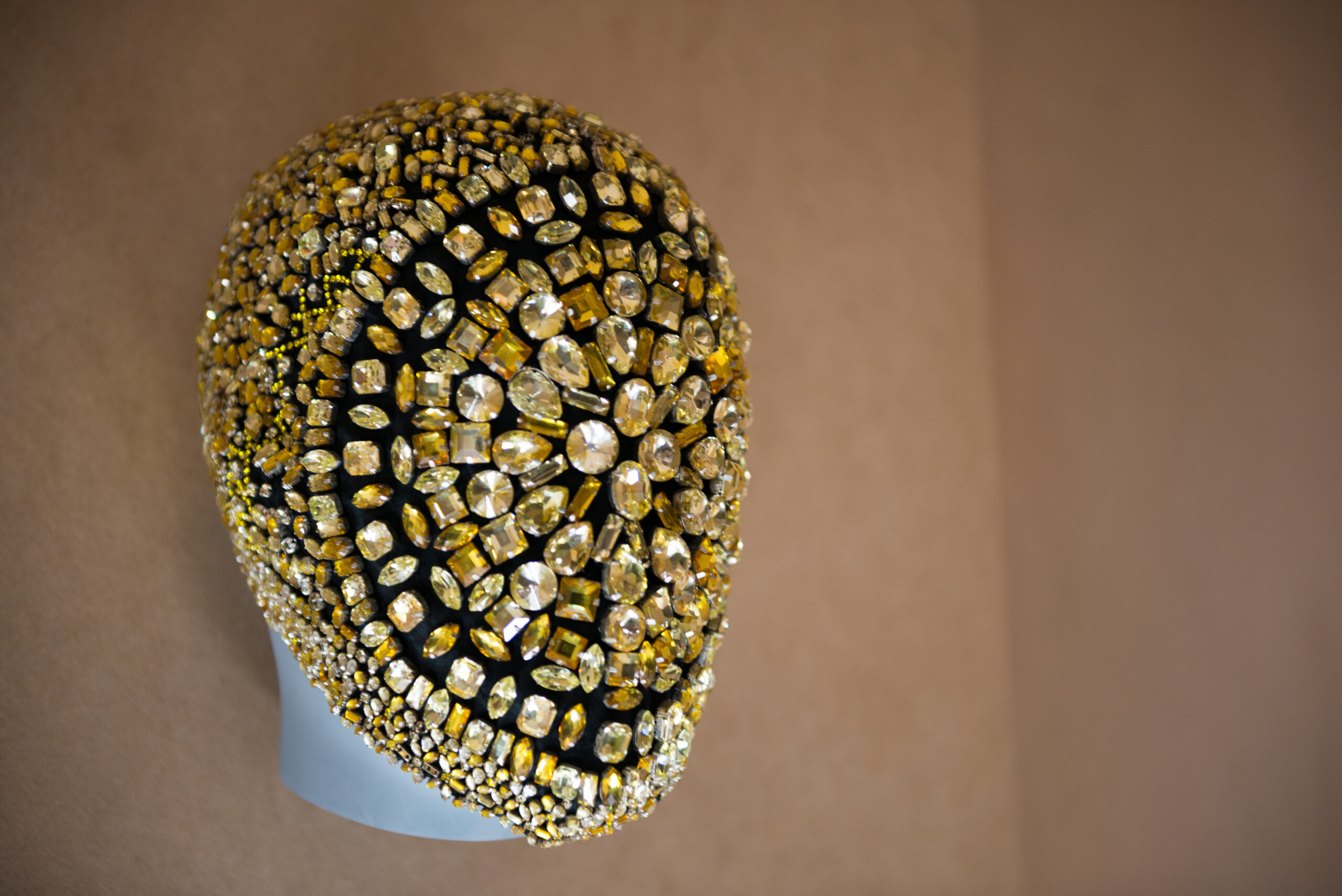Events
Meet the Makers: Stephanie Dinkins and Liam Young

This year’s first edition of the Meet the Makers program is inspired by the NFF conference “Life as We Know It”. During this conference, makers discussed their work in relation to the changing times we are living through today, both in the audiovisual landscape (think of deep fakes and drone filming) and on a broader environmental and societal scale (such as climate change and the current pandemic).
In this conference, a panel consisting of Liam Young (architect, designer, storyteller) and Stephanie Dinkins (transmedia artist) discussed their art in relation to the theme “Agents of Change”. How do they see the influence of technology in our relation to the world? To continue the conversation about how our current reality influences ways of storytelling, we invited Young and Dinkins to the first Meet the Makers session on 26 October 2020. Joining us in this session as co-panelist was Bogomir Doringer (artist and curator at NXT museum for media art). Paulien Dresscher (curator of the Nederlands Film Festival’s Interactive program and UU lecturer) moderated the session, supported by Nanna Verhoeff (professor of Screen Cultures and Society, UU) and Lianne Toussiant (Media and Culture Studies, UU).
With around 40 participants, the first session was well visited by scholars and students from various master programs, including the research master Media, Art and Performance Studies, and the master Contemporary Theatre, Dance and Dramaturgy. The participants were invited to join the discussion, which led to an inspiring conversation. The range of topics that were addressed characterizes the multifaceted approaches that the makers adopt towards interactive storytelling.
Dinkins shared her motivation to make a difference in the tech world, by asking herself what artificial intelligence would look like if it was based on different datasets. She noticed a bias in datasets, which she tries to rebalance. What if she would craft code that also expressed the desires and stories of black people? Her experimental chatbot “Not The Only One” is an ongoing project that consists of deep learning algorithms that have been trained with stories of a black family. Instead of holding on and waiting for things to get better, she started crafting with code to alter reality for people outside of the hegemonic norm.
“I really enjoyed the open way the artists spoke about their (artistic) research and art practice. The gap between academia and artists can be quite frustrating (as I know from personal experience), but in this session, it felt that both disciplines mattered equally. I would love to see this in more panels, breaking down the walls of both!” – Floor Mijland, RMA student Media, Art and Performance Studies
Young expanded on how he uses his background as an architect to build digital worlds as a sci-fi storyteller. Inspired by how he sees new media artifacts as agents of change in our current reality, he creates films that explore possible futures. These speculative scenarios are his way of entering “worlds less traveled”, as opposed to the dystopian cautionary tales that prevail in Hollywood cinema. In these tales, technology is often positioned as an active force that leads humankind into despair. What other stories can we build around the workings of technology?
 Doringer spoke about projects that he has worked on, including a traveling exhibition on face masks and a project on club culture. He discussed the role of technology especially in relation to dance. What if technology would enter the club scene? How would this impact the way we use our bodies to dance, when we are no longer just watched by other humans, but when technology is watching as well?
Doringer spoke about projects that he has worked on, including a traveling exhibition on face masks and a project on club culture. He discussed the role of technology especially in relation to dance. What if technology would enter the club scene? How would this impact the way we use our bodies to dance, when we are no longer just watched by other humans, but when technology is watching as well?
“What especially struck me in this session were the notions of data dramatization (rather than visualization) to imagine other ways to deal with and interpret incalculably large, foggy big data, and the work Stephanie Dinkins does in what she called Afro-now-ism (a play on Afrofuturism), thereby persisting on changing the ways we deal with technology and data now, and how we can work to make it and its processes of use more equitable. Though Young and Dinkins work differently, I love the way they enable alternative imaginings of technologies, be it an emancipatory contemporary change or alternatives for a future that seems out of reach, but that enables us to ask questions that are very relevant for the here and now.”– Danny Steur, RMA student Media, Art and Performance Studies
The next Meet the Makers session will take place on 16 November. We will be joined by Simone Niquille (designer and researcher) and Garath Taylor (motion capture actor)!
*Image credits: Above: Nederlands Film Festival; Below: artistic bokeh, FACELESS at Mediamatic, Amsterdam, license CC BY-NC-ND 2.0

